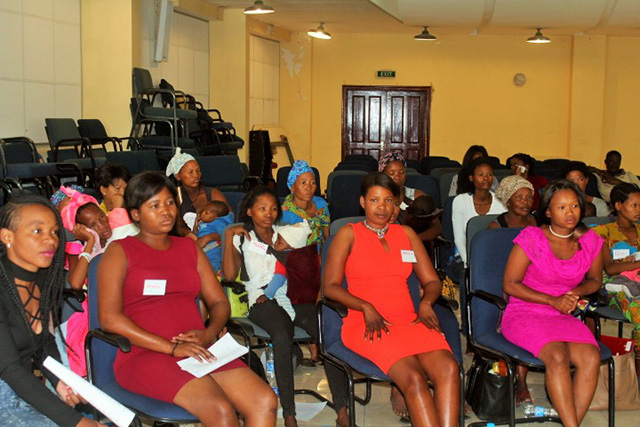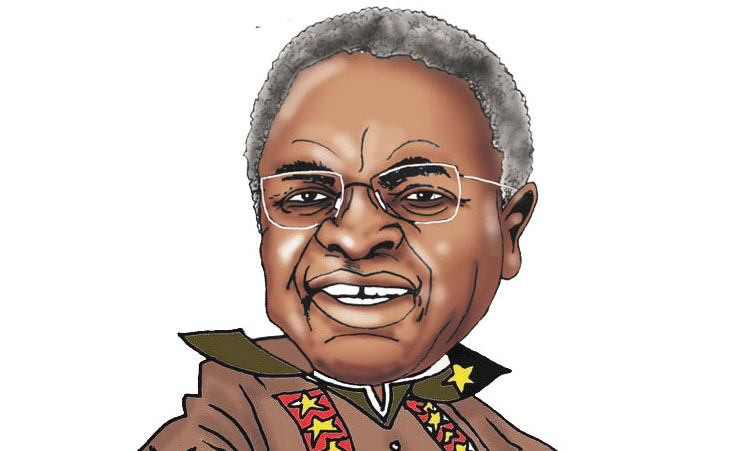PARTICIPANTS at a regional dialogue on the Convention on the Elimination of All Forms of Discrimination Against Women have called on government to look at introducing Khoisan languages in schools.
The dialogue, titled ‘;Speaking for ourselves: Voices of young San women’;, was hosted by the Women’;s Leadership Centre at Rundu to help girls and women from the San community by identifying their challenges and needs last Thursday.
The participants spoke about various issues affecting the San community in Kavango East, and asked the government to introduce Khoisan languages in schools to cater for the marginalised San communities.
One of the participants, Anita Dinyando from Omega 1 village, said they feel left out.
“We don’;t have our languages in schools, and the young ones find it difficult when they start school, but other ethnic groups’; languages are taught in schools. Why don’;t we have the Khoisan languages in schools like other ethnic groups?” Dinyando asked.
Another participant, Magret Kamba, said in her testimony during the dialogue that although the government recognises everyone’;s right to education, she still feels that little is being done for the San people to enjoy this basic right.
She explained that there are cases where school-going girls from the San community fall pregnant, and when they return to school after giving birth, they are denied access and told they are too old to continue with school, which she claimed does not happen with other ethnic groups.
“Our children are even sent back from school because they do not have school uniforms, but they [teachers] know their parents are unemployed and cannot afford uniforms,” stressed Kamba.
The WLC has been working with San girls and young women since 2014 in seven villages across Namibia, with two of them – Mutjiku and Omega 1– found in the Kavango East region.
– Nampa
Stay informed with The Namibian – your source for credible journalism. Get in-depth reporting and opinions for
only N$85 a month. Invest in journalism, invest in democracy –
Subscribe Now!










